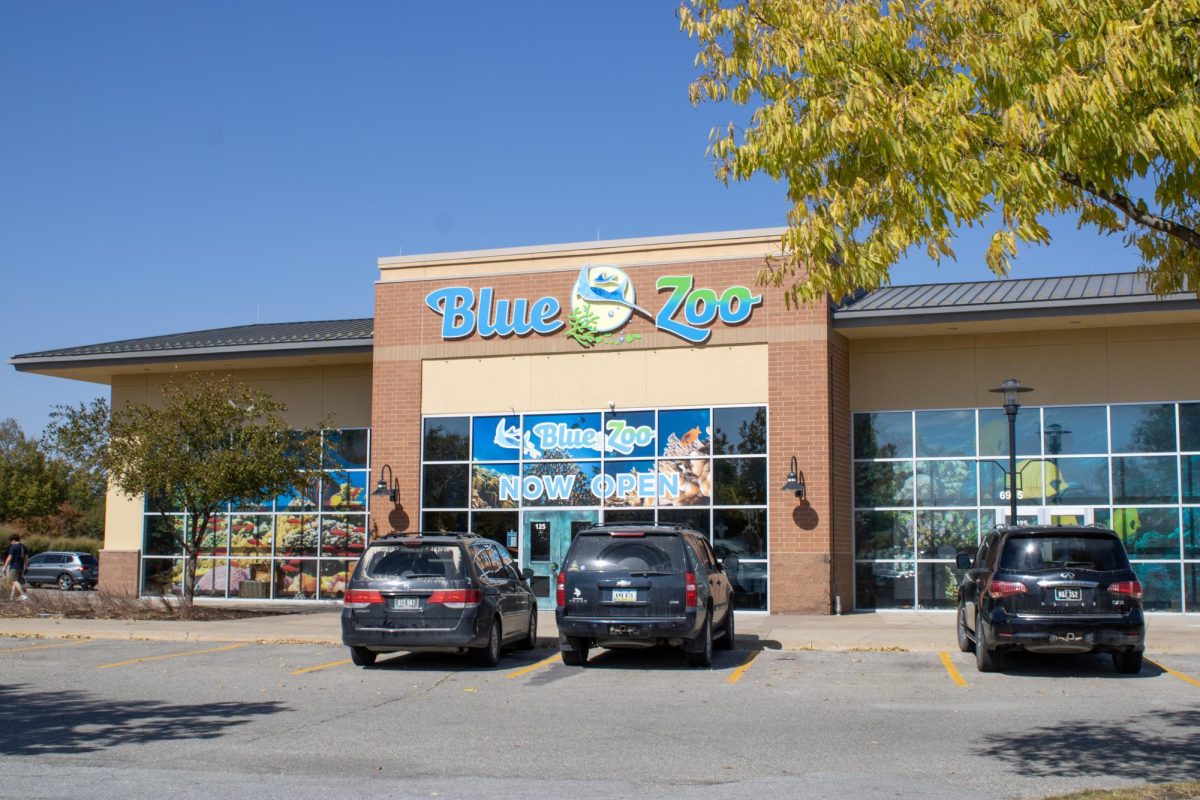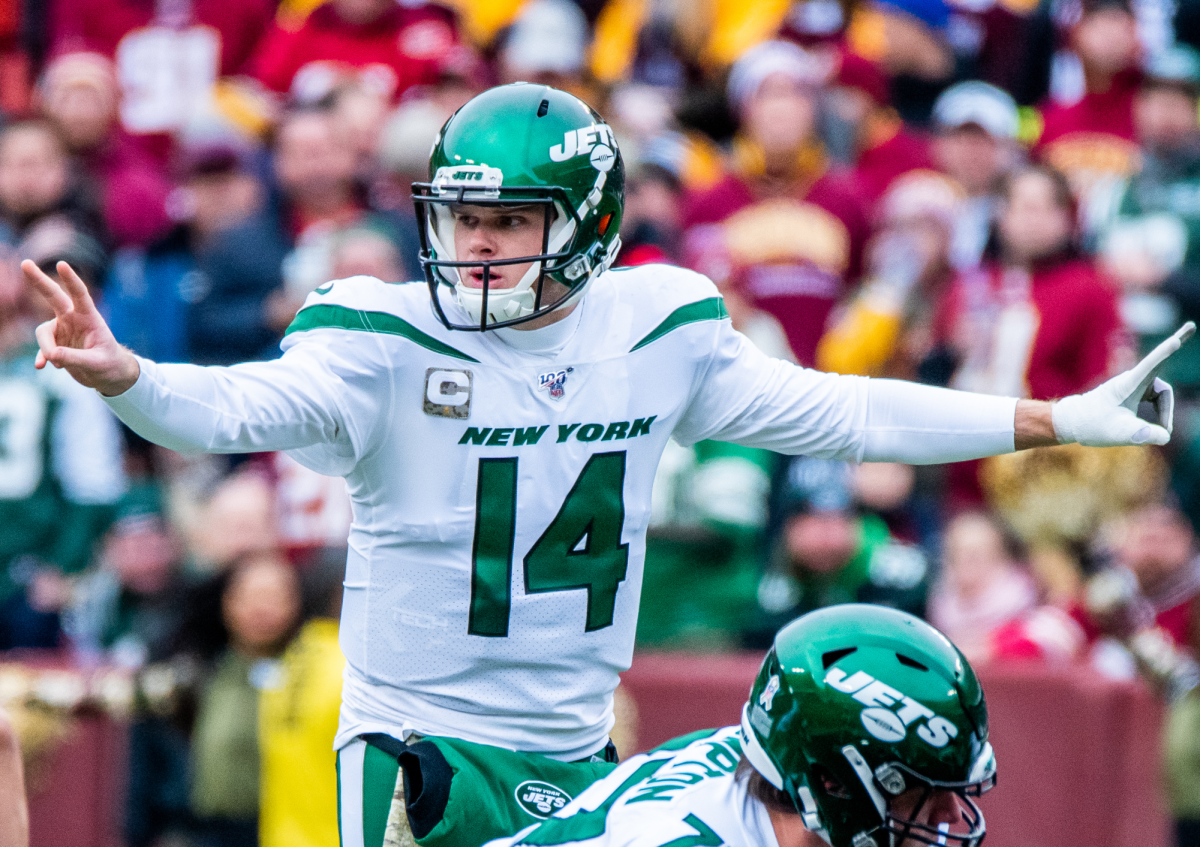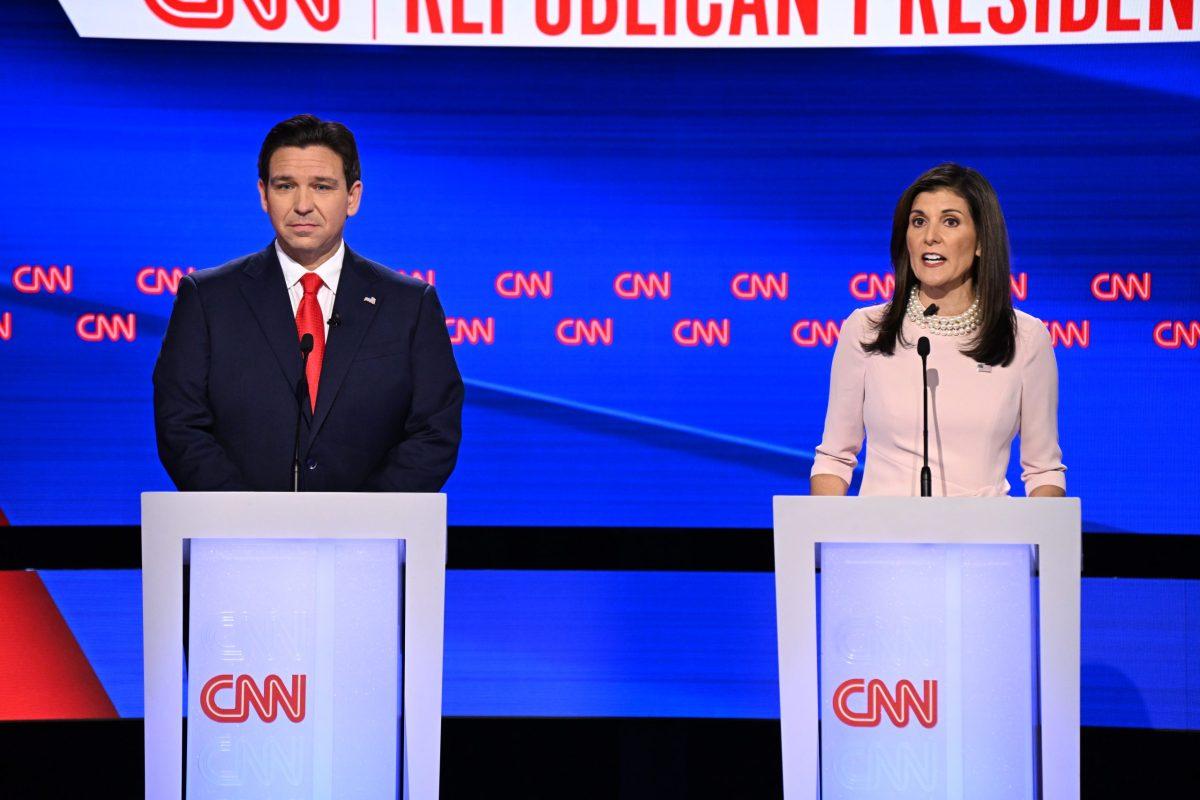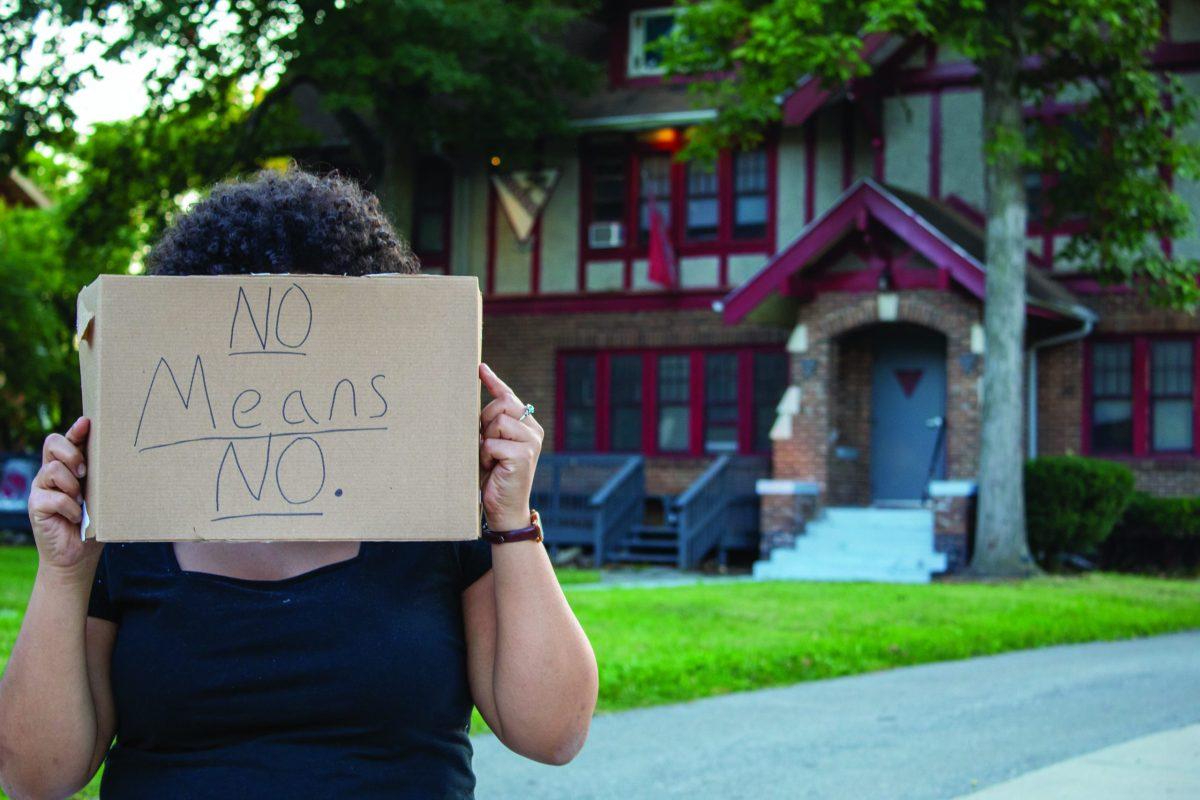Erixon is a junior rhetoric and politics major can be contacted at [email protected]
Hope has taken quite a beating in the last couple of years.
Ever since President Barack Obama set forth the radical idea that “yes, we can,” simple concepts like hope and optimism have become politicized and polarized. It has gotten to the point that the very act of believing in America’s potential is considered partisan.
This is an unsettling and disturbing trend, and it distorts our politics in ways that are unnecessarily degenerative. The destructive attitude toward government espoused by tea party Republicans engenders distrust for the sake of distrust and has contributed to a growing sense of cynicism in the national consciousness. In the last three years, Republicans like John Boehner and Eric Cantor have done their very best to beat the hope out of us.
Fortunately, they will not succeed, and that is because we have “Parks and Recreation.” “Parks and Recreation” is unquestionably the best show on television, and it is the antidote to this growing American cynicism. At face value, the show is about a group of people working in municipal government in the small town of Pawnee, Ind., but on a much deeper level, the show is about hope. The show is about optimism, about placing faith in the institutions that govern our lives and the people that we share our lives with.
From Leslie’s lonely quest to turn a dangerous, abandoned pit into a beautiful neighborhood park to the season two finale in which her loveable band of misfits came together to throw a free concert for children despite a government shut-down efforts, this show has given us a more hopeful idea of what government can and should do.
However, in the last season, the idea of hope became even more deeply engrained in the life of the series. If I had to narrow down “Parks and Recreation’s” greatest strength, it would be its faithful devotion to real-character development. With every episode, the already compelling figures that populate its universe become even more fleshed out, and last year it went into overdrive.
All of this culminated in “Lil’ Sebastian,” last year’s season finale, which defied sitcom convention by having several major characters take big leaps of faith. Each character, in some way or another, makes a decision that takes him or her a little closer to his or her dream, whether that dream is running for public office or becoming the next Jay-Z.
This is what makes “Parks and Recreation” so relentlessly watchable. In contrast to almost every other show on television, “Parks and Recreation” never fails to make you care about the characters and to make you hope that they succeed. In “Lil’ Sebastian,” as I watched these characters that I had come to love take those leaps of faith, I realized that “yes, we can” is more than just a campaign slogan. It is a statement of hope, a belief that when people come together, no dream is unreachable.











Leslie Knope • Sep 29, 2011 at 1:40 am
Gosh, I hate it when a “government shut-down efforts” keep me from putting on a free concert for children.